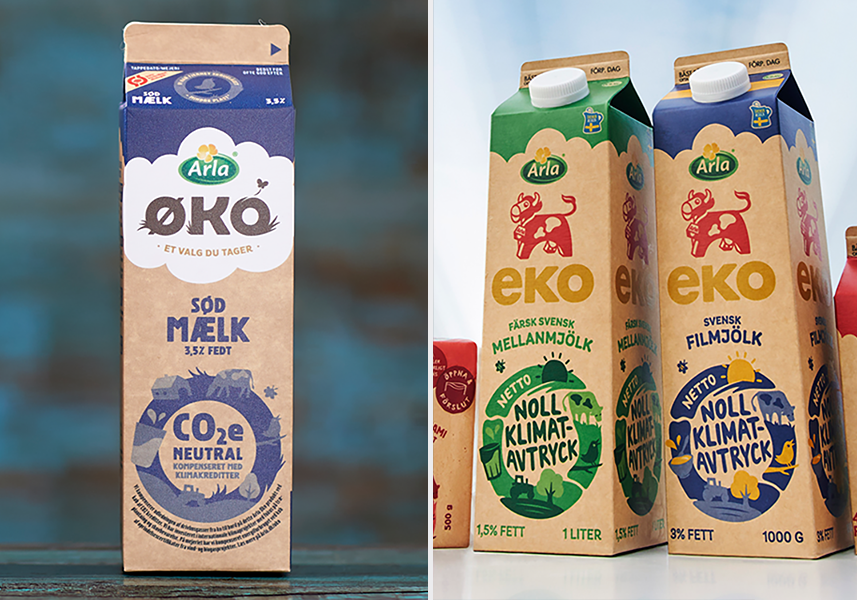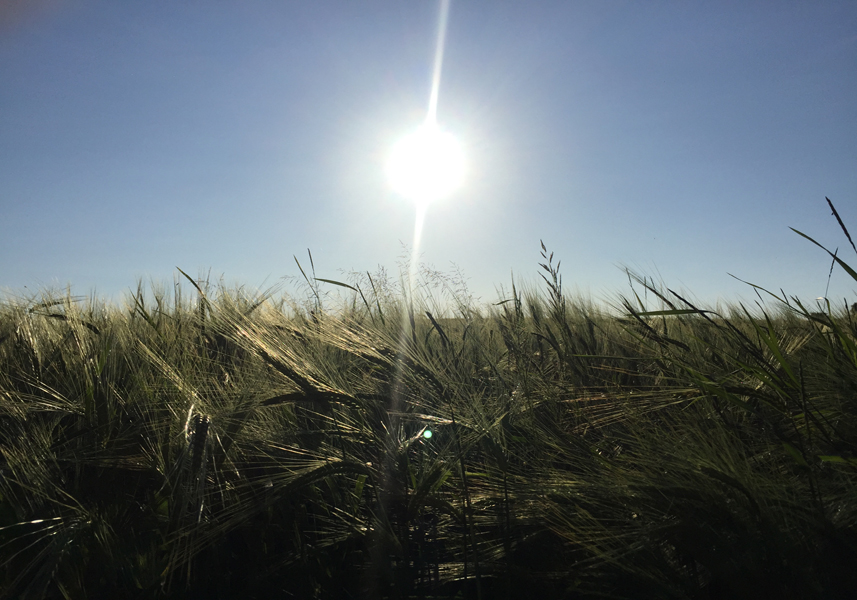Access to safe, nutritious and sufficient food should be a birth right, but for many people on this planet it isn’t.
800 million people suffer from immediate hunger and a staggering 2 billion suffer from hidden hunger due to poor food quality and lack of vitamins and minerals. It leaves millions of children stunted and with poor socio-economic prospects in life. It’s a personal and societal tragedy.
The pandemic has worsened the situation for many and as the world population grows, access to nutrition will become one of the most present challenges in our global society.
We need multifaceted solutions. This includes more plant-based food into our diets, particularly in high-income countries and it also includes dairy, which continues to be recommended on a daily basis by FAO and by dietary guidelines across the world. It’s not one or the other.
Milk is naturally rich in protein, calcium and certain vitamins making it hard to replace and, in the fight against hunger and malnutrition, a glass of milk per day can often be a game-changer. For these reasons many more people will in the future have a desire – and a right – to include dairy in their diet.
We are taking on the climate challenge of dairy
Of course, we are not ignoring the climate challenge of dairy. The solution, however, is not reduction, which would leave the world short of important nutrients. Focus needs to be on addressing the negative footprint and increasing the positive handprints of dairy. We should look towards the most climate-efficient dairy farmers, replicate what they are doing and continue to develop our dairy farming methods even further.
In the European dairy industry, we have made significant progress so far, which the following example from my own country shows:
In 1950, there were 1.5 million dairy cows in Denmark. In 1980 there were 1 million. Today, we have 500,000. We produce the same amount of milk as we did 70 years ago – but with a significantly reduced carbon footprint per kilo.
I see a similar development in efficiency in other European countries. If you’re thinking that this is at the expense of animal welfare, it is not the case for us in Arla. We have continuously improved the welfare, housing and robustness of our cows over the past decades and every Arla farmer knows that a healthy and happy cow produces more milk.
Better animal welfare, precision farming, new technologies, optimised feed and waste handling have reduced emissions - and increased yield. At the same time, many farms are generating green energy.
Arla's farmer owners are already on the journey to lower the carbon impact of dairy with a 7 per cent CO2e reduction per kilo milk since 2015. Our 140 year old farmer-owned cooperative model is perfect for securing farmer-led decisions and action towards better food for more people. When the cooperative decides to take a step forward, 9,400 farmers are taking the step together, scaling the social impact for the benefit of consumers across the world.
Data will lead the way
Since 1990, Arla farmers have reduced their carbon emissions by 22 per cent. Our climate ambition towards 2030 is to cut them by further 30 per cent. The levers to get there are clear and based on data.
We have now gathered comprehensive and externally validated climate data from more than 8,000 Arla farms. The data forms one of the world’s largest climate data sets on dairy farming across seven European countries. It will enable us to learn from our best farmers – and it shows that even the most efficient climate farmer can do more.
As a farmer cooperative, we have a great sense of responsibility to lead our sector. We are very eager to share our data-driven insights with political stakeholders, academia and partners in the dairy industry to ensure that decisions, investments and actions going forward will be data and science driven.
A defining decade for dairy and food systems
Sustainability means environmental, economic and social stability and good health and quality of life for everybody. The increasingly polarised public debate about dairy often does not take into account these extremely complex and interlinked aspects of sustainability. It’s important that we seek practical solutions that can be implemented and that are based on science and robust evidence rather than sentiment.
I can recommend a report that we commissioned last year based on independent research by an Environmental Policy think tank. It shows that it is completely possible for the dairy sector to have a sustainable future with Europe leading the way in transforming the food system through public-private partnerships.
The European dairy industry is already massively engaged and we need to bring the food industry, government, society and academia even closer together to build a deeper understanding of the issues and trade-offs – to secure a fair and inclusive transition. No farmer should be left behind – and no person should be denied high-quality nutrition or the ability to enjoy a safe, healthy and sustainable diet.



